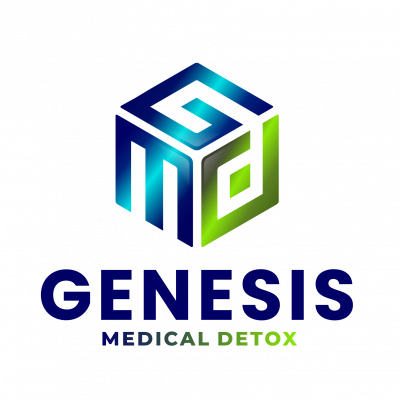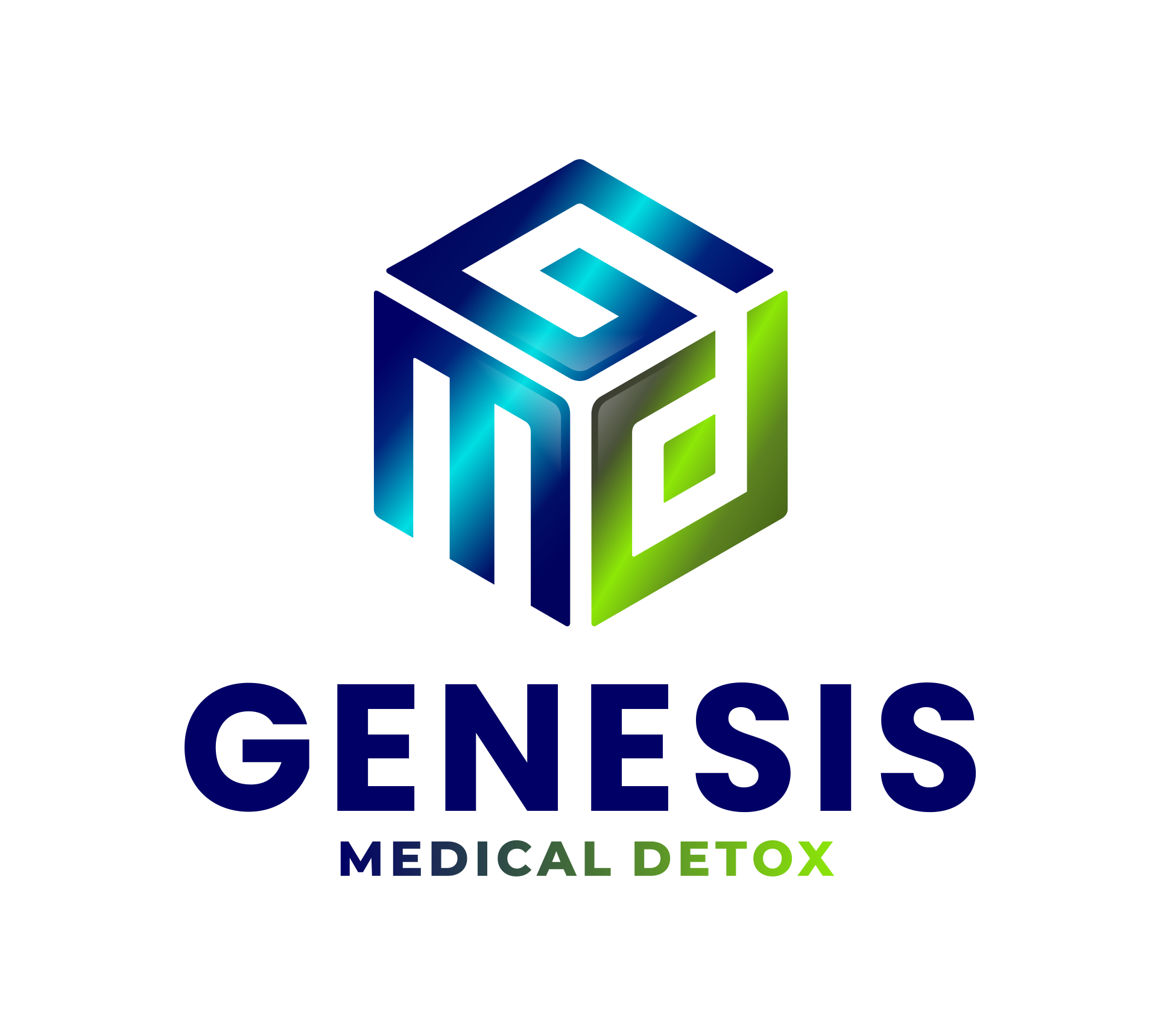
Exploring Alcohol Addiction: A Complex Public Health Issue
Alcohol addiction, also known as alcohol use disorder (AUD), represents a significant public health concern that affects millions of individuals worldwide. It encompasses a range of harmful behaviors associated with the excessive consumption of alcohol, leading to physical, psychological, and social repercussions. The following aims to elucidate the complexities surrounding alcohol addiction, including its causes, manifestations, consequences, and potential avenues for treatment.
Understanding Alcohol Addiction
Alcohol addiction is characterized by an uncontrollable urge to consume alcohol despite awareness of its debilitating effects. It can manifest in various forms, from binge drinking on weekends to chronic consumption that disrupts daily life. The Diagnostic and Statistical Manual of Mental Disorders (DSM-5) identifies several criteria for diagnosing AUD, including impaired control over drinking, cravings, and the development of tolerance and withdrawal symptoms.
The onset of alcohol addiction is often influenced by a myriad of factors. Genetic predisposition plays a crucial role, as individuals with a family history of alcoholism are at a higher risk of developing the disorder themselves. Furthermore, environmental influences, such as peer pressure, cultural attitudes toward alcohol consumption, and exposure to traumatic events, can exacerbate the likelihood of addiction. Psychological factors, including co-occurring mental health disorders such as depression and anxiety, further complicate the landscape of alcohol dependency.
The Impact of Alcohol Addiction
The impact of alcohol addiction extends beyond the individual to affect families, communities, and society at large. Physically, chronic alcohol consumption can lead to a host of health complications, including liver disease, cardiovascular problems, and a weakened immune system. The Centers for Disease Control and Prevention (CDC) estimates that excessive alcohol use contributes to approximately 95,000 deaths in the United States each year, underscoring the severe health risks associated with the disorder.
Psychologically, alcohol addiction is closely linked to various mental health issues. Individuals may resort to alcohol as a coping mechanism to alleviate stress or emotional pain, thereby creating a vicious cycle where alcohol exacerbates underlying mental health problems. This co-occurrence often complicates treatment approaches and reinforces stigma, leading many to forgo seeking help due to fear of judgment.
Socially, alcohol addiction often results in strained relationships and diminished quality of life. Family members may find themselves trapped in a cycle of enabling behaviors, while employers may experience decreased productivity due to absenteeism or presenteeism among workers struggling with addiction. The economic burden on society is substantial, with costs related to healthcare, lost productivity, and criminal justice involvement amounting to billions of dollars annually.
Pathways to Treatment and Recovery
Addressing alcohol addiction requires a multifaceted approach that encompasses prevention, intervention, and ongoing support. Treatment options vary from detoxification programs to behavioral therapies and support groups. The most appropriate intervention often depends on the individuality of the patient and the severity of their condition.
Detoxification is frequently the first step in treatment, aiming to safely manage withdrawal symptoms as the body adjusts to abstinence from alcohol. In tandem with detoxification, behavioral therapies, such as Cognitive Behavioral Therapy (CBT) and Motivational Enhancement Therapy (MET), have proven effective in helping individuals address the root causes of their addiction and develop coping strategies. Support groups, such as Alcoholics Anonymous (AA), provide community and accountability, fostering a sense of belonging and encouraging sustained recovery.
Prevention strategies, particularly those targeting adolescents, play a vital role in mitigating the onset of alcohol addiction. Public awareness campaigns, educational programs in schools, and community initiatives can reshape cultural perceptions about alcohol, emphasizing responsible drinking and the consequences of addiction.
Understanding the Duration of Alcohol Withdrawal: An in-Depth Analysis
Alcohol withdrawal syndrome (AWS) is a constellation of symptoms that can occur when an individual who is heavily dependent on alcohol suddenly reduces or ceases intake. The duration and severity of withdrawal symptoms can vary significantly among individuals, influenced by a multitude of factors such as the degree of dependence, the duration of alcohol use, individual health factors, and the presence of co-occurring mental health or substance use disorders. This essay aims to explore the duration of alcohol withdrawal, delineate the stages of the withdrawal process, and discuss the implications of these symptoms on treatment and recovery.
Phases of Alcohol Withdrawal Symptoms
Alcohol withdrawal can be classified into several phases, each characterized by distinct symptoms that emerge after abstinence. The timeline for withdrawal begins typically within six to twelve hours after the last drink. Initial symptoms often resemble those of anxiety and may include tremors, sweating, insomnia, and irritability. These symptoms typically peak between 24 to 48 hours after cessation of alcohol intake.
As withdrawal progresses, individuals may experience the more severe manifestations of AWS, such as seizures and delirium tremens (DTs). The onset of seizures is generally noted to occur 24 to 48 hours after the last drink, marking a critical period that requires medical supervision due to the potential for safety concerns and complications. DTs, which are characterized by confusion, hallucinations, and autonomic instability, most commonly arise after 48 to 72 hours of abstinence and can last for up to five days, necessitating urgent medical intervention.
Duration of Withdrawal Symptoms
The duration of withdrawal symptoms can vary considerably. In mild cases, symptoms may resolve within a week. For many individuals, however, symptoms can persist for two weeks or longer, especially if adjustments in treatment and management strategies are not initiated promptly. Factors such as the quantity and frequency of alcohol consumption prior to withdrawal, the presence of psychological conditions such as anxiety or depression, and the overall physical health of the individual can significantly prolong the withdrawal process.
Interestingly, a phenomenon termed “post-acute withdrawal syndrome” (PAWS) can extend the timeline for recovery. PAWS includes lingering symptoms such as mood swings, anxiety, sleep disturbances, and other psychological issues that may persist for months. These symptoms can represent a significant hurdle on the path to recovery, as they create additional challenges for individuals attempting to maintain abstinence from alcohol.
Factors Influencing Alcohol Withdrawal Duration
The variability in the duration of alcohol withdrawal is attributed to several interrelated factors. Firstly, the degree of alcohol dependence is critical; individuals with a long history of heavy drinking are likely to experience more intense and prolonged withdrawal symptoms. Additionally, the speed with which individuals metabolize alcohol can impact withdrawal duration, as can genetic predispositions to addiction and substance use disorders.
Co-occurring mental health disorders significantly complicate the withdrawal experience. Anxiety disorders, depressive disorders, and other psychiatric conditions can exacerbate withdrawal symptoms or make them last longer, contributing to an increasing challenge in the assessment and treatment phase. The presence of physical health issues, such as liver disease or cardiovascular problems, can complicate and prolong withdrawal, necessitating a multifaceted therapeutic approach.
Implications for Treatment and Recovery
The recognition of the duration and intricacies of alcohol withdrawal highlights the necessity for medical supervision during the withdrawal process. Early intervention can mitigate risks associated with severe withdrawal symptoms, including seizures or DTs, while also providing a platform for comprehensive treatment plans that address both physiological and psychological needs.
Furthermore, providing supportive therapeutic measures, such as medication-assisted treatment (MAT) and counseling, can greatly enhance recovery outcomes. Effective management of both the acute withdrawal phase and ongoing psychological challenges is critical for long-term sobriety and quality of life.
While the duration of alcohol withdrawal is multifaceted, adhering to medical guidance and understanding the withdrawal timeline is vital for individuals seeking to overcome alcohol dependence. Recognizing the potential for prolonged withdrawal symptoms, investing in a comprehensive recovery plan, and fostering supportive environments can significantly impact successful outcomes for those experiencing alcohol withdrawal syndrome. As our understanding of AWS continues to evolve, the need for tailored interventions that address the unique needs of individuals remains paramount in the pursuit of recovery and health.
A Comprehensive Exploration of Genesis Medical Detox’s Unique Approach to Alcohol Withdrawal in Tennessee, Alabama, and Texas
Alcohol withdrawal is a complex and often perilous condition that occurs when individuals abruptly reduce or abstain from alcohol after prolonged use. The symptoms can range from mild discomfort to life-threatening complications, necessitating an effective and compassionate approach to detoxification. Genesis Medical Detox, with facilities in Tennessee, Alabama, and Texas, has developed a unique approach to alcohol withdrawal treatment that prioritizes medical safety, psychological support, and holistic healing.
At the core of Genesis Medical Detox’s philosophy is the recognition that alcohol withdrawal symptoms vary significantly among individuals. Factors such as the duration and intensity of alcohol use, the individual’s overall health, and the presence of co-occurring disorders all influence the detox experience. As such, Genesis employs a personalized treatment plan for each patient, emphasizing thorough medical assessments conducted upon admission. These assessments include comprehensive health evaluations, mental health screenings, and a careful inventory of the patient’s substance use history. This data-driven approach ensures that the medical staff can anticipate potential complications and tailor detox procedures accordingly.
One notable aspect of Genesis Medical Detox’s approach is the integration of evidence-based medical interventions. From the onset of detox, patients are monitored by a team of medical professionals, including physicians and nurses, who specialize in addiction medicine. This staffing model allows for real-time assessments and immediate interventions when withdrawal symptoms present. Medications such as benzodiazepines are frequently used to mitigate withdrawal symptoms, providing a critical buffer against the severe discomfort that can accompany the detox process. In addition, medications like acamprosate and disulfiram may be introduced as part of a comprehensive recovery strategy to help prevent future relapse and alcohol cravings.
Recognizing that the detoxification process extends beyond physiological needs, Genesis Medical Detox emphasizes psychological support as a central component of their program. Understanding that alcohol dependence often intertwines with mental health challenges, the center provides patients with access to licensed psychologists and therapists. This therapeutic support addresses the psychological barriers to recovery, such as anxiety, depression, and trauma, enabling patients to explore the underlying issues contributing to their addiction. The integration of individual and group therapy sessions fosters a supportive community atmosphere, promoting connection and shared experiences among patients.
Furthermore, Genesis Medical Detox employs holistic treatment modalities to enhance the detox experience. Their approach incorporates various wellness practices such as yoga, mindfulness meditation, and nutritional guidance. These practices serve not only to improve physical well-being but also to cultivate emotional resilience and coping strategies that empower patients in their recovery journey. By addressing the whole person—mind, body, and spirit—Genesis Medical Detox encourages individuals to engage in self-care and develop healthy habits that transcend the detoxification period.
In addition to its clinical and therapeutic services, Genesis Medical Detox emphasizes family involvement in the recovery process. Recognizing the impact of addiction on family dynamics, the facility offers family counseling sessions designed to educate and support loved ones of patients. These sessions provide a safe space for family members to express their feelings, learn about addiction, and develop strategies for fostering a supportive home environment. This family-centered approach not only aids in the healing process for patients but also bridges the gap between treatment and long-term recovery.
After patients complete the detox process at Genesis Medical Detox, the facility offers comprehensive aftercare planning. This includes referrals to intensive outpatient programs (IOPs), sober living environments, and ongoing support groups such as Alcoholics Anonymous (AA). By providing a roadmap for continued recovery, Genesis ensures that patients are not left to navigate the journey alone after detoxification. The focus on continuity of care emphasizes the center’s commitment to long-term sobriety and the reduction of relapse rates.
Genesis Medical Detox in Tennessee, Alabama, and Texas adopts a holistic and multifaceted approach to alcohol withdrawal that effectively addresses the physical, psychological, and emotional dimensions of recovery. By personalizing treatment, integrating medical and therapeutic interventions, and emphasizing family involvement and aftercare, the facility stands out as a leader in the addiction treatment field. Their commitment to compassionate care and evidence-based practices offers hope for individuals seeking a path to recovery from alcohol dependence, reaffirming that recovery is not only possible but attainable through comprehensive, individualized support.
In Conclusion
In conclusion, alcohol addiction is a multifaceted public health issue that warrants urgent attention due to its widespread impact on individuals and society. Understanding the underlying causes and effects is essential for both prevention and treatment strategies. By fostering a comprehensive approach that includes education, early intervention, and accessible treatment, we can work towards alleviating the burden of alcohol addiction and supporting those affected by this pervasive disorder. Through collective efforts, it is possible to promote healthier behaviors and ultimately cultivate a society free from the constraints of addiction.
If you or someone you know is struggling with a chemical dependency issue reach out to Genesis Medical Detox‘s various locations: Genesis Medical Detox Tennessee, Genesis Medical Detox Alabama and Genesis Medical Detox Texas; or Magnolia Ranch Recovery our sister residential treatment company today and get started on the path to long-term recovery.







